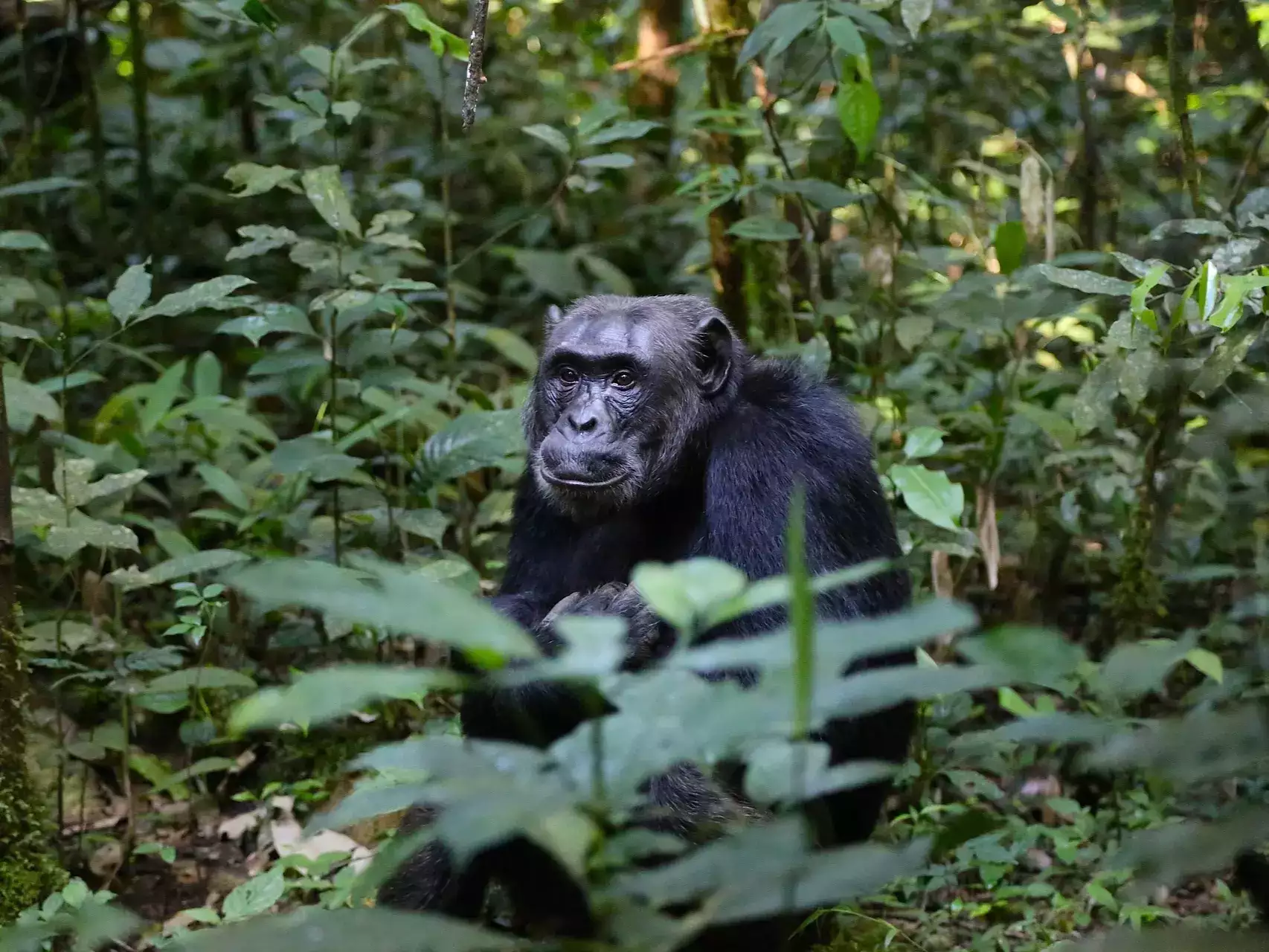Menopause, a natural phenomenon experienced by women, has also been observed in wild animals, sparking curiosity among scientists. So far, only six mammal species, mostly found in aquatic environments, have been confirmed to exhibit menopausal symptoms.
While humans possess unique behaviors and societal structures that differentiate us from other species, menopause raises questions about its evolutionary implications. The “grandmother hypothesis” suggests that as females age, it becomes more energy-efficient for them to support the survival of their grandchildren rather than having more offspring of their own, thus serving their genetic interests.
The reason behind menopause remains a topic of debate and is not widely considered an evolutionary strategy. However, a recent study on wild chimpanzees in Uganda’s Kibale National Park has identified them as the latest addition to the list of menopausal animals. The study, conducted over two decades, found that female chimpanzees exhibit menopause-like symptoms around age 30, with no observed births after the age of 50.
Reaching menopause does not mean the end of their lives, as many female chimpanzees, like their human counterparts, live beyond the age of 50. Interestingly, these older female chimpanzees do not show a particular interest in caring for their grandchildren, challenging the grandmother hypothesis.
The evolutionary purpose behind menopause in chimpanzees remains speculative. It is possible that it is a temporary response influenced by favorable ecological conditions, as post-reproductive lifespans have mainly been observed in captive chimpanzees rather than their wild counterparts. Alternatively, menopause could be a natural evolutionary trait that has been overlooked due to human activities and diseases impacting chimpanzee populations.
Brian M. Wood, the author of the study, emphasizes the broader range of species and socio-ecological conditions in which menopause and post-fertile survival occur. This understanding provides a foundation for considering the roles that improved diets and reduced predation risks may have played in human evolution.

I have over 10 years of experience in the cryptocurrency industry and I have been on the list of the top authors on LinkedIn for the past 5 years.

